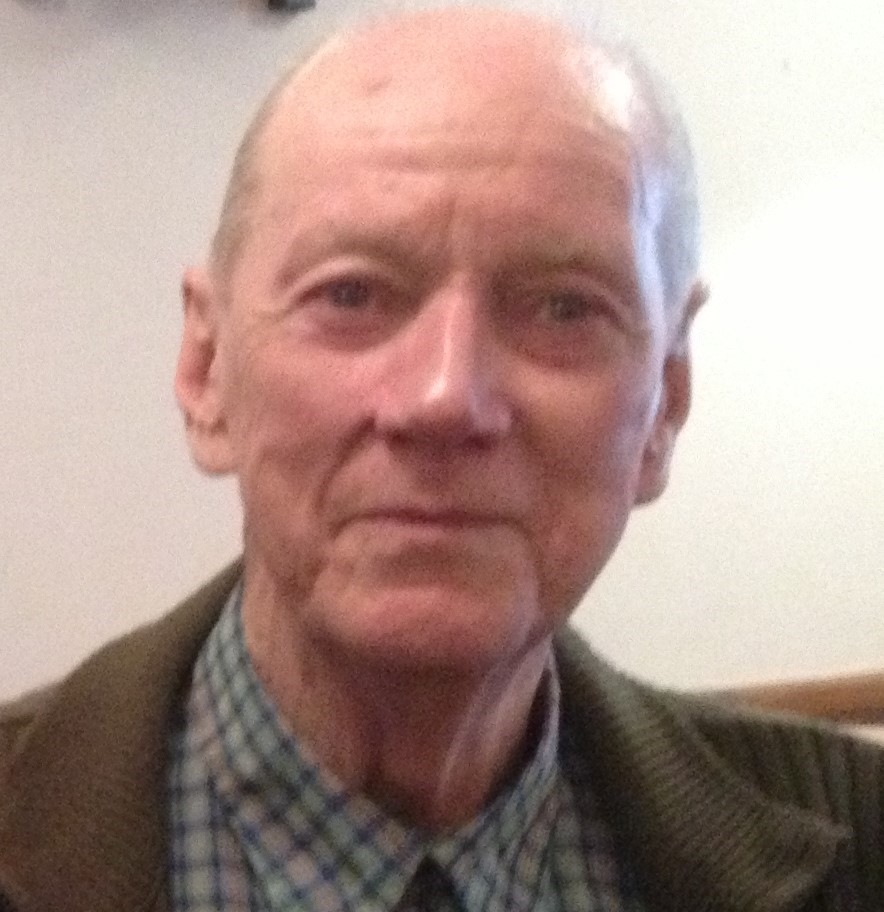About
Born in Melbourne, John Carmichael studied piano with Raymond Lambert and composition with Dorian Le Gallienne at the University Conservatorium before continuing his piano studies at the Conservatoire National in Paris with Marcel Ciampi. Contact with Arthur Benjamin while he was still in Australia led to a period of study with him in London, studies in composition continued later with Anthony Milner.
John Carmichael was a pioneer in the field of music therapy; he developed music teaching and music appreciation projects at Stoke Mandeville Hospital (where the Paraplegic Olympics was born) and Netherden Mental Hospital in Surrey. Then followed a period as Musical Director of the Spanish dance company Eduardo Y Navarra, with extensive international touring including an Australian visit during which ABC Televsions recorded their dance program Fuego en la Sangre (Fire in the Blood). The contact with flamenco, expressed both in dance and by the flamenco singers and guitarists, led John Carmichael to encapsulate the experience in his Concierto Folklórico, released on ABC Classics with the composer as piano soloist.
In 1980 James Galway premiered John Carmichael’s Phoenix – Concerto for Flute & Orchestra at the Sydney Opera House; he gave the American premiere at the Hollywood Bowl a few months later and included the work in his Flute Masterpieces series released by RCA to celebrate Galway’s 60th birthday. His Trumpet Concerto, recently released on CD with John Wallace and the BBC Scottish Symphony Orchestra, was originally written for Australian trumpeter Kevin Johnston and also released on ABC Classics, together with his Country Fair for clarinet and orchestra.
Writing for the piano has always stimulated ideas for compositions, including works for four hands, and has led to collaborations with Australian pianists such as Victor Sangiorgio and Antony Gray, who gave the premire of Carmichael’s Piano Quartet Sea Changes in London in 2000 with Australian string players Belinda MacFarlane, Morgan Goff and Matthew Lee; the work was later released on the ABC Classics CD Sea Changes.
Concentration on melodic and thematic development within well-wrought musical structures has always been a feature of Carmichael’s music, something remarked on by both listeners and reviewers. In 2007 on the release of the ABC Classics CD Solo Flights, a complete recording by Antony Gray of Carmichael’s music for solo piano, it was selected as CD of the Week on the ABC network and was reviewed in the Classic FM Magazine in the UK as ’77 minutes of enchanting music’, while Rob Barnett in Classical Music on the Web, reviewing the CD Sea Changes, remarks that Carmichael is ‘completely serious in his pursuit of discovery in melody – blissfully accessible and often sheerly beautiful’.

